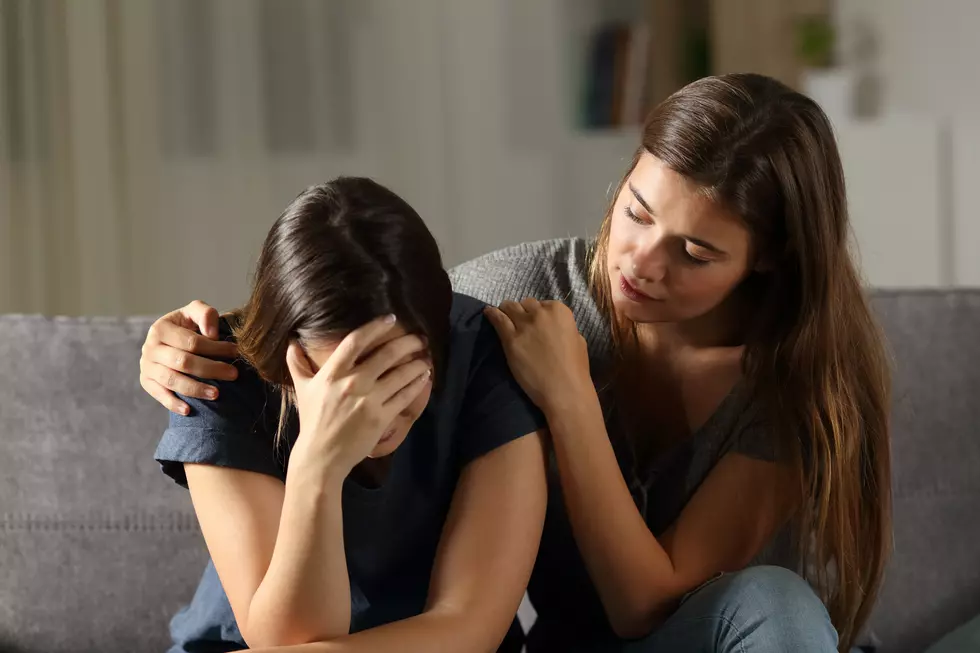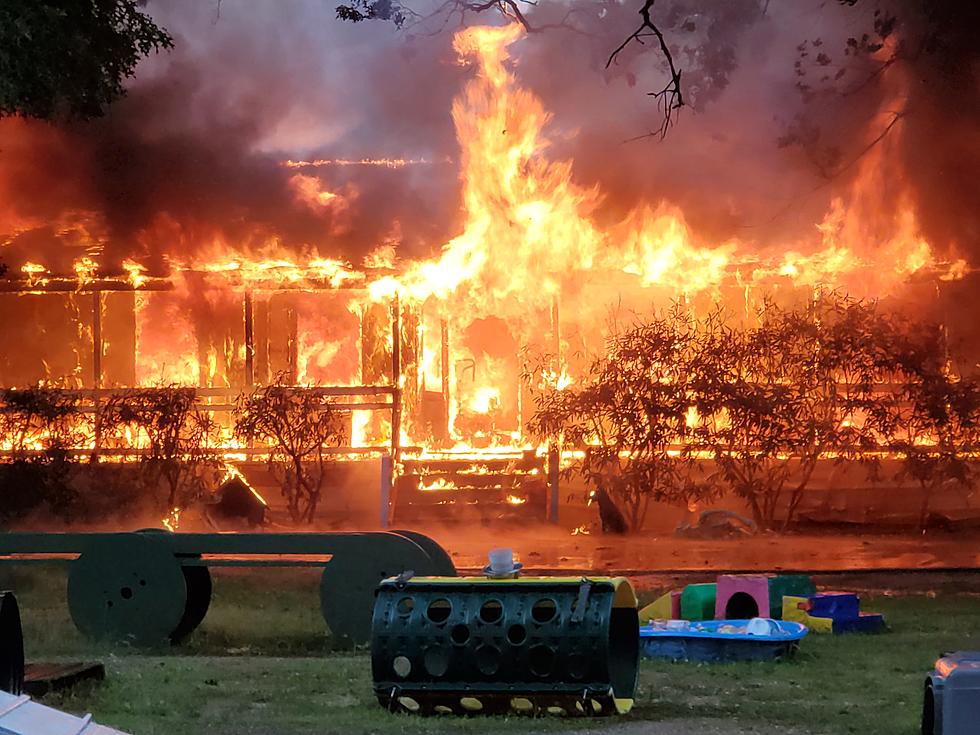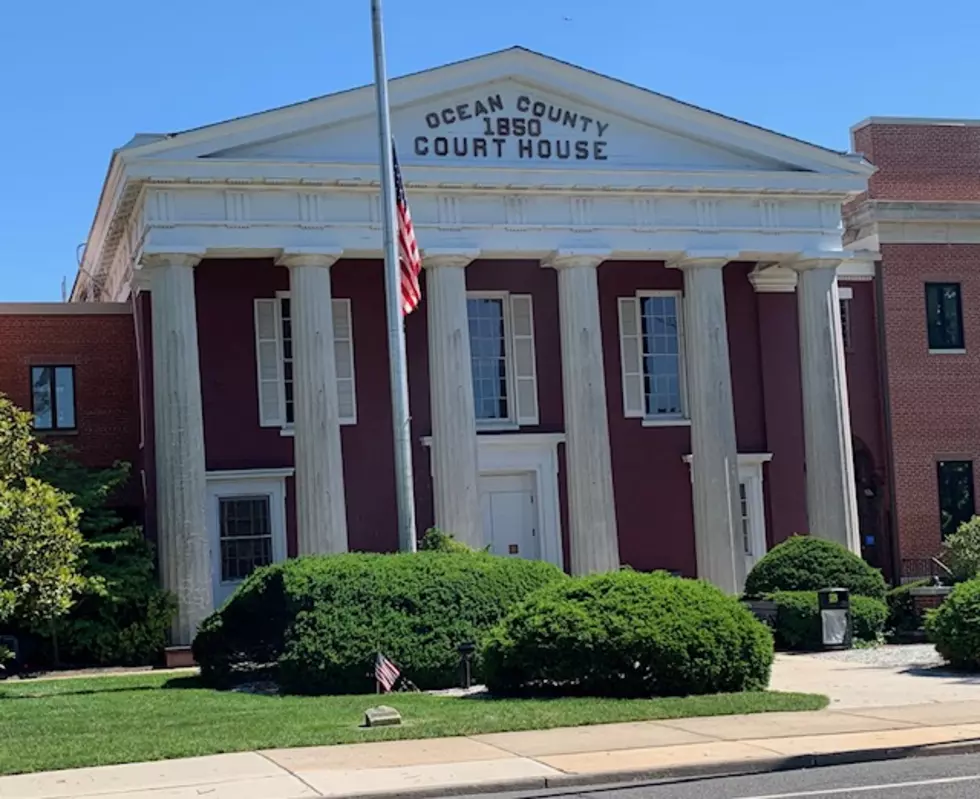
Monmouth organization works year-round to curb teen suicides
In November, we told you that the Society for the Prevention of Teen Suicide was proceeding with its annual public service announcement contest, even though COVID-19 restrictions would prevent the group from recognizing the honorees as usual.

The winners having now been selected, SPTS is continuing its focus on education and training to raise awareness with the end goal of suicide prevention, and in a more general sense, reducing stigma around mental health issues.
Susan Tellone, SPTS clinical director, said if teens and adults can make conversations about mental health as comfortable as those regarding physical health, that would be a good start.
"If you have diabetes, you're going to tell people about your diabetes, you're going to speak about it, you're going to tell the school, you're going to tell the nurse," she said. "But if you have anxiety or depression, oftentimes you tell no one."

Tellone said kids may think their problems can't be solved, but talking to someone about them can open up an avenue to a solution, where isolating and withdrawing will only make it seem worse.
Of course, isolation has been the theme of the past year, and the COVID pandemic is something that not only teenagers, but adults also, haven't been through before.
The silver lining is that the lessons SPTS has been trying to teach, since being launched in 2005 by two friends who both lost teenage children to suicide, are perhaps more vital than ever right now, in a world where it feels like absolutely everyone is alone.
"Looking at having these conversations, helping them create coping strategies that they'll take with them from this pandemic, moving forward," Tellone said.
Tellone urges kids to be cognizant of their peers' mental state. Sadness or irritability is not uncommon, but if it persists in a teenager for 10 days, or two weeks, it may be time to seek help.
In other words, look for a few warning sign FACTS: feelings, actions, changes, talk or threats, and situations.
Adults need to do their part too, both parents and authority figures outside the family, by listening actively and without judgment, according to Tellone.
The anonymous National Suicide Prevention lifeline number is 1-800-273-TALK (8255), or go to sptsusa.org for more.
READ ON: See the States Where People Live the Longest
More From Beach Radio










